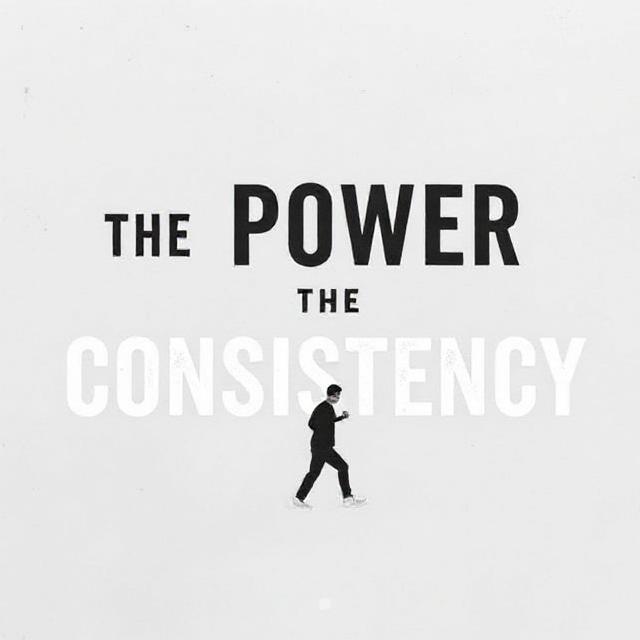How to Build Mental Resilience in Tough Times
Life is full of challenges—unexpected setbacks, emotional struggles, or professional obstacles that test our inner strength. While we cannot always control what happens, we can control how we respond. This ability to adapt and bounce back from adversity is called mental resilience—a crucial skill that can transform how you deal with stress and help you lead a more confident, balanced life.

What Is Mental Resilience?
Mental resilience is the capacity to recover quickly from difficulties and adapt positively to challenges. It does not mean ignoring pain or pretending everything is fine—it means managing your emotions, staying focused under pressure, and growing stronger through experiences.
People with high resilience:
- Stay calm during stressful situations
- View challenges as opportunities to grow
- Maintain a sense of humor and perspective
- Use failure as a learning tool rather than letting it define them
The good news is that resilience is not a trait you are born with—it is a skill that can be developed over time.
Why Mental Resilience Matters
Resilience impacts nearly every area of life. Building it can help you:
- Reduce stress and anxiety by improving emotional control
- Enhance productivity when dealing with challenges at work or in personal life
- Build stronger relationships by improving communication and empathy
- Boost confidence through a sense of self-efficacy
- Maintain focus during uncertainty or change
Resilient individuals not only survive difficult moments but thrive afterward.
1. Reframe Challenges as Opportunities
Resilient people view obstacles not as roadblocks but as chances for growth. When facing difficulties, ask yourself:
- “What can I learn from this?”
- “How can this make me stronger?”
Shifting your mindset from “Why is this happening to me?” to “What can I gain from this?” builds long-term strength and encourages a growth-oriented approach.
2. Strengthen Emotional Awareness
Emotional awareness allows you to understand your feelings and respond thoughtfully. Practices like journaling or mindfulness meditation help recognize emotions without being overwhelmed by them.
Try this exercise:
- Pause and name your emotion (e.g., “I feel anxious”).
- Identify the trigger (e.g., “I’m worried about a project deadline”).
- Reframe it (e.g., “I can focus on what I can control and plan my next steps”).
This approach creates a healthy distance between emotion and reaction, improving decision-making during stressful times.
3. Build Supportive Relationships
Resilience does not mean facing life alone. Strong social connections provide emotional support, guidance, and motivation. Surround yourself with people who uplift you, such as friends, family, or mentors.
Sharing challenges and seeking advice strengthens your coping mechanisms and helps you gain perspective on difficult situations.
4. Develop Problem-Solving Skills
Resilient individuals tackle challenges proactively. Developing problem-solving skills enables you to:
- Identify possible solutions to a problem
- Evaluate risks and benefits
- Create actionable plans to overcome obstacles
By focusing on what you can control and taking practical steps, you reduce feelings of helplessness and build confidence in your abilities.
5. Practice Self-Care Consistently
Taking care of your mind and body directly impacts resilience. Key habits include:
- Getting enough sleep to restore energy and cognitive function
- Maintaining a healthy diet to support brain function
- Exercising regularly to reduce stress and improve mood
- Practicing relaxation techniques such as deep breathing, yoga, or meditation
Self-care ensures that your mind and body are prepared to handle challenges more effectively.
6. Embrace Flexibility and Adaptability
Life is unpredictable, and resilience often comes down to flexibility. Being adaptable means accepting change, adjusting plans, and finding alternative paths to achieve goals.
Instead of resisting change, view it as a chance to learn, improve, and discover new opportunities.
7. Maintain a Positive Outlook
Optimism does not mean ignoring difficulties; it means approaching challenges with hope and confidence. Positive thinking encourages problem-solving, reduces stress, and strengthens perseverance. Techniques to cultivate optimism include:
- Daily gratitude practices
- Celebrating small wins
- Replacing negative thoughts with constructive alternatives
Conclusion
Building mental resilience is a lifelong journey that empowers you to face adversity with strength, adaptability, and confidence. By reframing challenges, strengthening emotional awareness, building supportive relationships, improving problem-solving skills, practicing self-care, embracing flexibility, and maintaining a positive outlook, you can develop the mental resilience needed to thrive in any situation.
Start incorporating these strategies today, and over time, you will notice a profound improvement in your ability to handle stress, recover from setbacks, and live a more balanced and empowered life.



